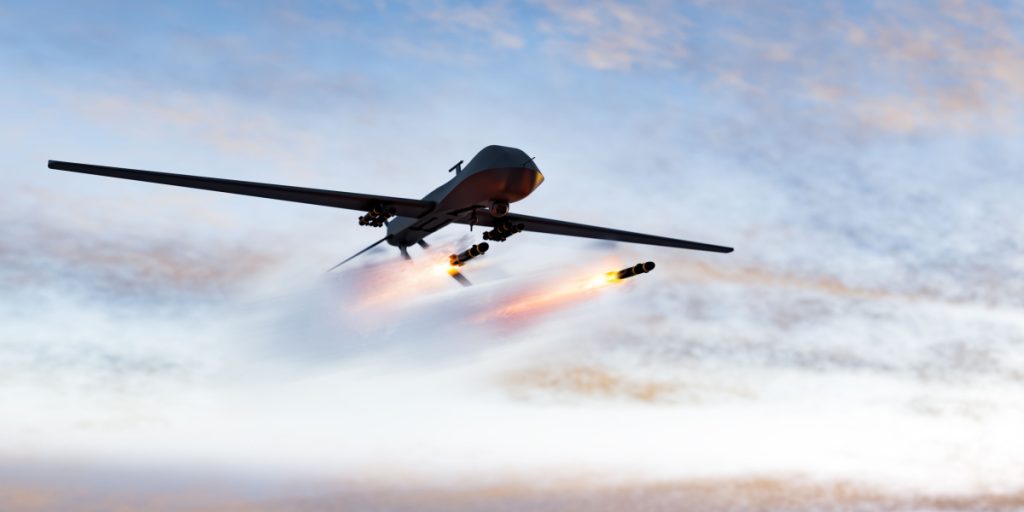Former Google CEO Eric Schmidt urges the U.S. military to move beyond traditional tanks.
Others are reading now
Eric Schmidt, former CEO of Google, made waves at the Future Investment Initiative conference in Saudi Arabia by urging the U.S. military to shift from tanks to AI-powered drones, citing the ongoing conflict in Ukraine as evidence.
In an interview with Bloomberg, Schmidt argued that the effectiveness of a $5,000 drone against a $5 million tank underscores the obsolescence of traditional armored vehicles in modern warfare.
Schmidt has been busy in the drone tech space himself.
He’s behind the White Stork project, a U.S.-Ukrainian startup focused on building drones that employ AI and can withstand GPS jamming—a feature vital on today’s battlefield. He’s also backing Istari, a startup dedicated to using advanced AI to modernize the U.S. military.
Also read
“The cost of autonomy is falling so quickly that the drone war, which is the future of conflict, will eventually replace tanks, artillery, mortars,” Schmidt said.
As a long-time advisor to U.S. defense officials on emerging technologies, he believes that Western militaries are adapting too slowly to the tech-driven demands of today’s battlefields.
Drones on the Ukrainian Frontline
Ukraine’s use of drones has been instrumental in offsetting its resource disadvantages against Russia. From precision strikes on Russia’s Black Sea Fleet to the creative use of cheap drones against strategic targets, Kyiv’s approach illustrates the value Schmidt sees in unmanned, autonomous warfare.
Yet, some defense experts remain unconvinced.
Rob Lee, a military analyst, points to both the Ukraine and Nagorno-Karabakh conflicts as reminders of tanks’ enduring value, emphasizing that tank losses often stemmed from logistical and tactical errors rather than the inherent weakness of the vehicles themselves.
The debate reflects a broader question within military circles: is AI-powered, unmanned technology a supplement to or a replacement for traditional heavy armor?
For Schmidt, the answer is clear, and he’s putting his resources behind it.








